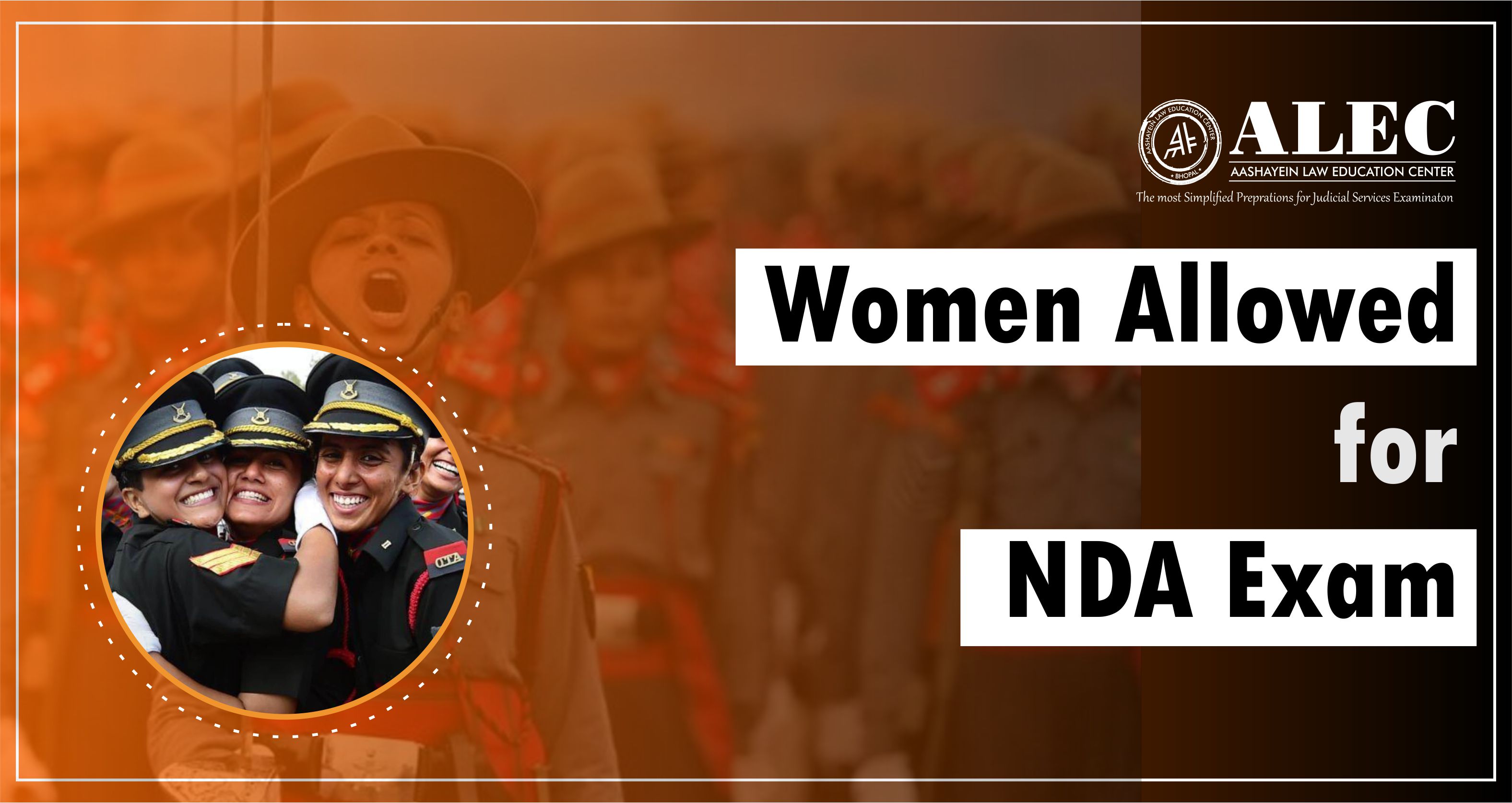Kush Kalra
vs.
Union of India and Ors. 2021
BENCH: Justice Sanjay Kishan Kaul, Justice BR Gavai FACTS OF THE CASE: In the Delhi High Court, the PIL had been filed for the issuance of writ of mandamus to the respondents i.e. Union of India and Indian Army. The writ petition had been filed by the appellant for inclusion of women Indian Territorial Army at par with men. The criterion for selection to the Indian Territorial Army was possible if women are allowed to appear for the NDA (National Defence Academy) exam. The eligibility criteria for Territorial Army clearly mentions that “only those male candidates who are gainfully employed are eligible for Territorial Army” This means a Male person who may be employed in Government Service, legal practitioner, doctor, engineer, paying guest owner, farmer or businessman is eligible to apply for territorial army if he is gainfully employed and is aged between 18-42 years of age as on the date of notification for Territorial Army Recruitment. On the face of it, the eligibility criteria for Indian Territorial Army were discriminatory and arbitrary in nature. The criterion was violative of Article 14 and 15 on the grounds of differentiation on basis of sex. The petition was filed in the Delhi High Court and same was later transferred to the Supreme Court of India. ISSUES: Whether non-allowing women in the Territorial Army amounts to discrimination on the grounds of gender? Whether the advertisement for NDA exams violates fundamental rights of women?
JUDGMENT: The Supreme Court of India refused to vacate the Delhi High Court judgment, and upheld its order of allowing commissioning of woman to the Indian Territorial Army. In August 2021 Supreme Court, rejected Centre's plea of allowing women from May 2022 and said that, army is trained to deal with emergencies therefore, it can make arrangements for inclusion of women from 2021 itself and hence allowed women to take NDA exams of November 2021.
You can also read the Blog by visiting [Blog]
For more information, visit [Aashayein Enquiry Section]
ANALYSIS: The Article 14 of the Indian Constitution prohibits discrimination on the grounds of religion, race, caste, sex or place of birth. The advertisement of eligibility criteria for NDA exams which is being held by the UPSC was that "only male citizens who are gainfully employed civilians age between 18-42 years." The inference of this advertisement was that women, though might be gainfully employed were not allowed to appear for the examination. This was challenged by the writ petition in public interest litigation. The battle for inclusion of women in the Armed Forces is not novel; it has a long history. The Armed Forces job was not regarded as the suitable job for women, time and again it has been held to be discriminatory. In the case of Secretary Ministry of Defence v. Babita Puniya & Ors (2020) the Supreme Court of India allowed permanent commissioning of women into Army and Air Force and held that the previous rule of short service commissioning of women was gender-discriminatory. Furthermore, in the case of Union Of India v. Lt. Cdr Annie Nagaraja And Ors. (2020) the Supreme Court of India allowed the permanent commission of women in the Indian Navy. From the aforementioned cases, it is evident that battle of equality with regards to the Armed Forces is not new. The present case is in consonance with these cases. The petitioner challenged that women who are gainfully employed are denied admission in the Indian Territorial Army on the basis of gender is highly discriminatory in nature. The Supreme Court firstly, passed an interim order for allowing women to appear for NDA exams, the Government of India challenged it on the grounds that they need time to make arrangements as infrastructural and institutional changes have to be made. The Supreme Court in the August 2021 rejected its plea and sarcastically said that "Army is trained to deal with the emergencies" and hence refused to vacate its interim order and allowed women to appear for November 2021 NDA exam. The above-mentioned judgments are way forward and the reflection of constitutional feminism. These cases are the real implementation of Article 14 of the Indian Constitution.

